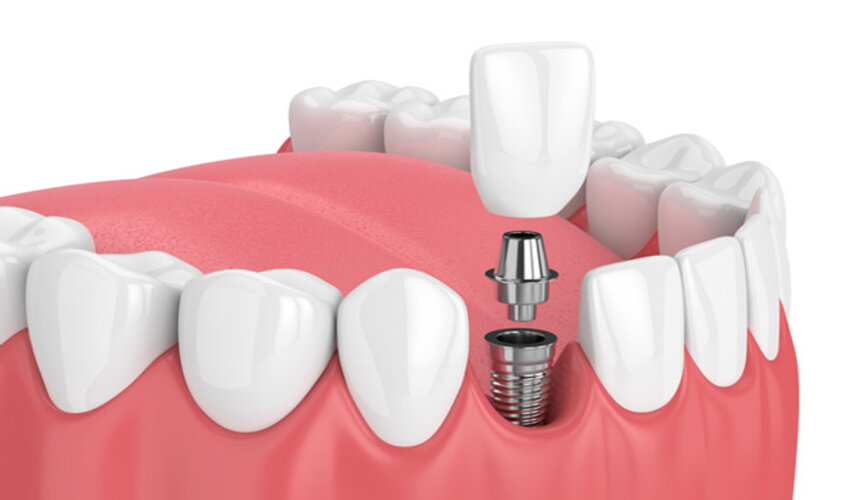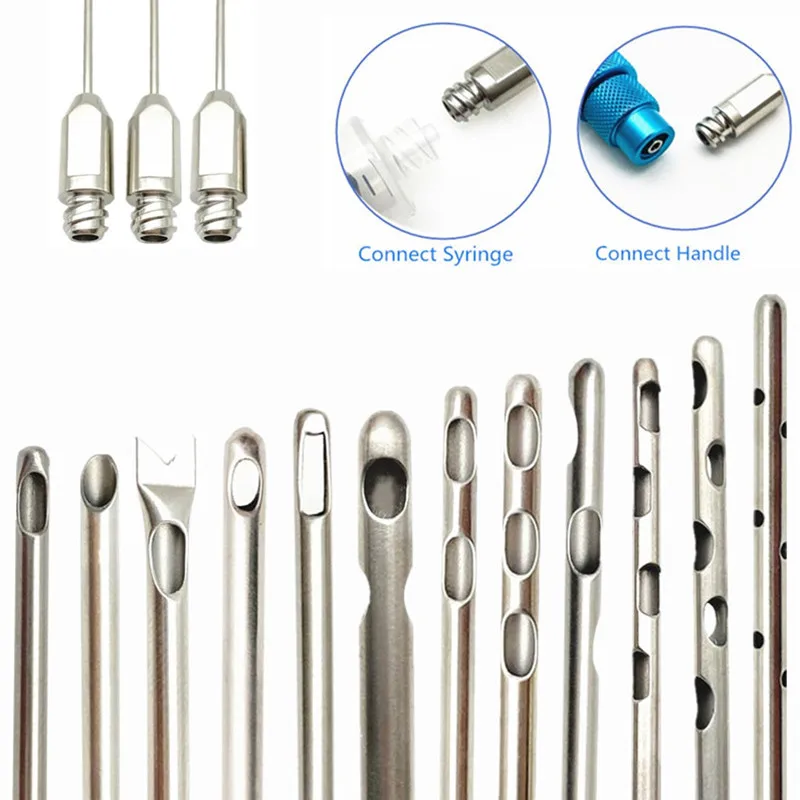Have you ever felt like the world of dental implant insurance is a hidden treasure map, with ‘X’ marking the spot of understanding and coverage? You’re not alone! Many dive into this journey only to find themselves lost in a sea of confusing terms and clauses. But fear not! This guide is your compass to navigate these waters with ease. We’ll uncover the secrets of insurance coverage for dental implants, turning complex jargon into simple, actionable knowledge. Get ready to embark on an adventure that ends with the smile you deserve – it’s time to crack the code of dental implant insurance!
Understanding Your Insurance Plan
Decoding Insurance Terminology
Dental insurance can seem like a secret language. But don’t worry, it’s not as tough as it looks! Here’s a quick guide to some key terms:
- Deductible: This is like the entrance fee to start using your insurance.
- Co-pay: Think of this as a team effort – it’s the part you pay alongside your insurance.
- Exclusions: These are things your insurance doesn’t cover. Sadly, sometimes this includes dental implants.
Knowing these terms helps you speak the ‘insurance language’ and understand your policy better.
Identifying Coverage for Dental Implants
Now, let’s zoom in on dental implants. Here’s how to check if they’re covered:
- Read the Fine Print: Your policy booklet is your treasure map. It tells you if dental implants are included.
- Ask Questions: If the booklet feels like a puzzle, call your insurance company. They can help clear things up.
Remember, every insurance plan is unique. Some might cover part of the cost of dental implants, while others may not. Understanding your plan is the first step to figuring out your coverage.
Navigating Insurance Claims for Dental Implants
The Pre-Authorization Process
Getting pre-authorization is like asking for a green light before you start. It’s super important! Here’s what you need to do:
- Talk to Your Dentist: They’ll help fill out the necessary forms.
- Submit to Insurance: Send the forms to your insurance company.
- Wait for Approval: This is the thumbs-up (or down) for coverage.
Pre-authorization helps you understand what’s covered and what’s not, saving you from surprise bills later.
Filing a Claim: A Step-by-Step Guide
Filing a claim might seem daunting, but it’s just a few steps:
- Gather Your Documents: This includes treatment details and receipts.
- Fill Out the Claim Form: Your dentist can help with this.
- Submit to Your Insurance: Send everything to your insurance company.
- Follow Up: If you don’t hear back, give them a call.
Filing a claim is your way of asking the insurance to pay their part. It’s a crucial step in managing your dental implant expenses.
When Insurance Falls Short: Exploring Alternatives
Payment Plans and Financing Options
Sometimes, insurance doesn’t cover everything. But don’t worry, there are other ways to fund your smile:
- Payment Plans: Some dental offices offer plans to pay in installments.
- Financing Options: Companies like CareCredit provide loans specifically for medical expenses, including dental implants.
These options can make the cost more manageable, turning a big expense into smaller, bite-sized payments.
Seeking Out Dental Discount Programs
Another option is dental discount programs. Here’s the scoop:
- Discount Programs: They’re like membership clubs that offer reduced rates on dental services.
- How to Find Them: Check online or ask your dentist. They often know the best local deals.
While not insurance, these programs can significantly lower the cost of dental implants, making your dream smile more affordable.
Pro Tips from Dental Insurance Experts
Maximizing Your Benefits
Maximizing insurance benefits for dental implants isn’t just luck, it’s strategy. Here’s how:
- Annual Maximums: Understand your plan’s yearly limits.
- Timing Treatments: Sometimes, spreading treatment across two calendar years can help you use two years’ worth of benefits.
Regular Updates: Keep checking if your plan updates its coverage options.
These smart moves can help you get the most out of your dental insurance.
What to Do When Claims are Denied
Claim denied? Don’t panic! Here’s what to do:
- Understand Why: Look at the denial reason. Sometimes, it’s just a missing piece of information.
- Appeal the Decision: You can write to your insurance company, explaining why you think the claim should be covered.
- Seek Help: Your dentist’s office might have experience in dealing with these issues and can offer guidance.
Turning a ‘no’ into a ‘yes’ is sometimes just a matter of providing the right information or clarifying details.
Conclusion:
Empowering Your Dental Implant Journey with Global Implant Dentistry (100 words)
As you journey through the world of dental implant insurance, remember that understanding and strategic planning are key.
And if you ever feel lost in this complex maze, know that we at Global Implant Dentistry are here to guide you. Our expertise in navigating insurance for dental implants can make your path to a healthier smile smoother and more confident. So, take these insights, embrace your journey, and if you need a partner to guide you through the process, we’re just a call away. Together, let’s unlock the smile you truly deserve!
FAQS:
How much does a tooth implant cost with insurance?
The cost of a tooth implant with insurance can vary significantly, ranging from covering 50% to 80% of the cost without insurance, and in some cases, only 10%. It’s important to consider the annual limit of your insurance, as it may be below the cost of your implants.
Is there dental insurance that covers implants with no waiting period?
Some dental insurance plans offer coverage for implants with no waiting period. However, these plans typically do not cover implants for teeth that were missing before acquiring the policy. Cigna, for example, has plans covering dental implants, but only as a group plan purchased by an employer.
Why doesn’t dental insurance cover implants?
While some insurance companies do offer plans that cover dental implants, many don’t due to the high cost of the procedure. Those that do often have strict limitations, as implants are not always cost-effective for dental insurance plans to cover.
What kinds of insurance cover dental implants?
Coverage for dental implants varies by plan. Some dental insurance policies cover implants, while others don’t. Medical insurance plans may cover aspects of dental implants, especially if medical complications arise from tooth loss. Insurance covering injuries and accidents might also allow for dental implants.
Does insurance typically cover the cost of dental implants?
Coverage for dental implants varies among insurance companies. Many are starting to recognize the value of dental implants, but it’s essential to check with your specific insurance provider for detailed coverage information.
Author Bio:
Dr. Alan is a seasoned dental care professional dedicated to promoting oral health and overall well-being. With 9 years of experience, Dr. Alan holds a BDS Degree in Dentistry. Passionate about patient education, he shares valuable insights and expert advice through engaging articles. Connect with Dr. Alan for practical tips and guidance on achieving a healthier smile.















Leave a Reply